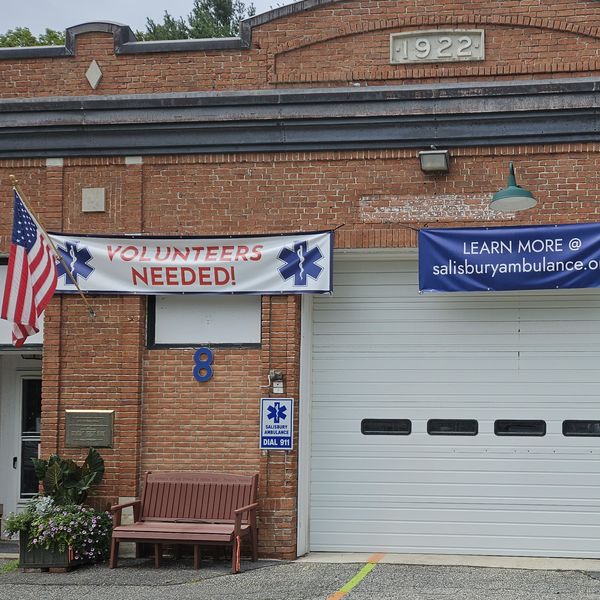Every year, Connecticut’s community health centers provide medical, dental and behavioral care to 440,000 Connecticut residents including over 270,000 who are on HUSKY, the state’s Medicaid program. For most of our patients, we are their only source of care. Unfortunately, for decades, Connecticut state government has failed to provide reimbursement rates at levels that allow health centers to provide care for all in need. This failure is intentional.
Connecticut’s refusal to provide adequate funding for community health centers breaks federal Medicaid law, period. By law, states must adhere to all aspects of the Medicaid program including how rates are set for health centers. It cannot pick and choose.
Meanwhile, Connecticut residents are losing access to the health care they need and are required to receive under the Medicaid program. To be clear, one of the wealthiest states in the nation has chosen to underpay its health care providers, causing people across our great state to suffer unnecessarily.
The Department of Social Services is the state agency responsible for setting reimbursement rates for community health centers. A study commissioned last year by the department itself found that Connecticut funds community health centers at a rate that is 20% below the average of peer state funding. That is, Social Services knows and has publicly acknowledged that it is underpaying Connecticut’s health centers.
The Community Health Center Association of Connecticut (CHC/ACT) negotiated in good faith with the Department of Social Services to increase reimbursement rates and the rate setting process for more than a year and a half. These efforts have unfortunately failed. As a result, member health centers have made the difficult decision to begin reducing staff and services. More will follow.
This reduction of health care services threatens an increasingly fragile health care system and will make people sicker. Our communities will be worse off — all because the state will not meet its legal requirement to fund health centers appropriately. After years of unsuccessful negotiation, we have decided to take legal action to attempt to force corrective action.
This month CHC/ACT filed legal action against the department to try to force compliance with federal laws that govern Medicaid reimbursements. If we are successful, Connecticut will be required to fund community health centers at rates that reflect the actual cost of health care services provided, rather than at rates that balance the state budget on the backs of those most in need. That is what is really at stake here.
Community health centers are successful because they provide quality care close to the patient, in the communities where patients live, usually providing the convenience of multiple types of health care services in one building. On every level, this is public health policy that makes sense. Health centers provide care to all people, regardless of insurance status or ability to pay. As a result, they are a large provider in the Medicaid program, serving almost 30% of Connecticut’s one million Medicaid patients.
But our state government seems to think of Medicaid as a cost-driver, instead of a critical health care program, and has specifically short-changed community health centers in a misguided effort to save money in the system. Your government is gambling on your health to balance the state budget.
Taking legal action to resolve this issue is something we have tried to avoid for years, but we now have no choice. Although the state legislature has consistently supported community health centers, the administration has opposed their efforts. We’ve tried utilizing the legislative branch and the executive branch. The health care of our patients now depends on our success with the judicial branch.
We are hopeful that once our argument is heard, a judicial ruling will force the legislative and executive branches of our state government to build a system that provides adequate funding and complies with the federal Medicaid program. We need a rate system that makes sense and follows the law — to ensure that you, your family, your friends, and all Connecticut residents can continue to access the health care they need.
Joanne Borduas is Board Chair of the Community Health Center Association of Connecticut and CEO of the Community Health & Wellness Center of Greater Torrington.





 lakevillejournal.com
lakevillejournal.com 





 Visitors consider Norman Rockwell’s paintings on Civil Rights for Look Magazine, “New Kids in the Neighborhood” (1967) and “The Problem We All Live With” (1963.) L. Tomaino
Visitors consider Norman Rockwell’s paintings on Civil Rights for Look Magazine, “New Kids in the Neighborhood” (1967) and “The Problem We All Live With” (1963.) L. Tomaino

 Styling a tray can give a home or room a re-fresh.Kerri-Lee Mayland
Styling a tray can give a home or room a re-fresh.Kerri-Lee Mayland





Why Connecticut’s community health centers had to act